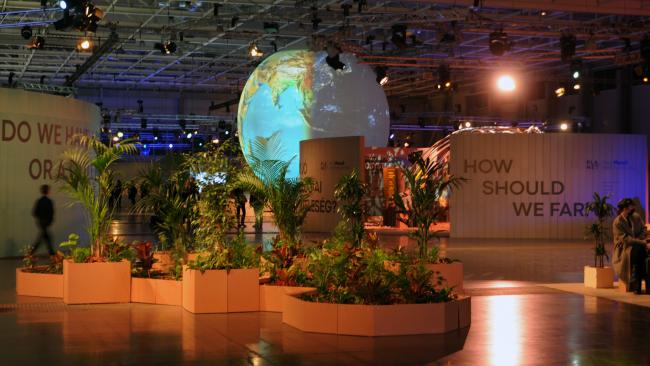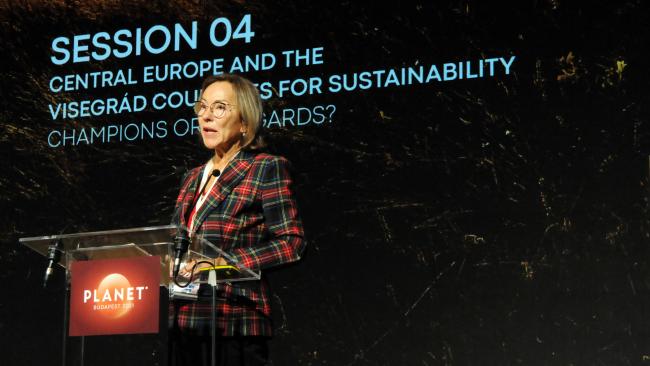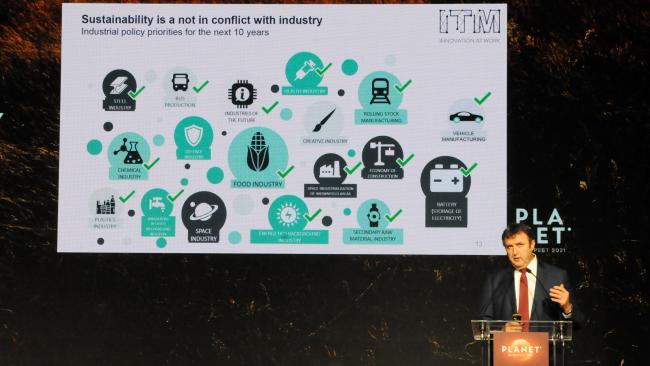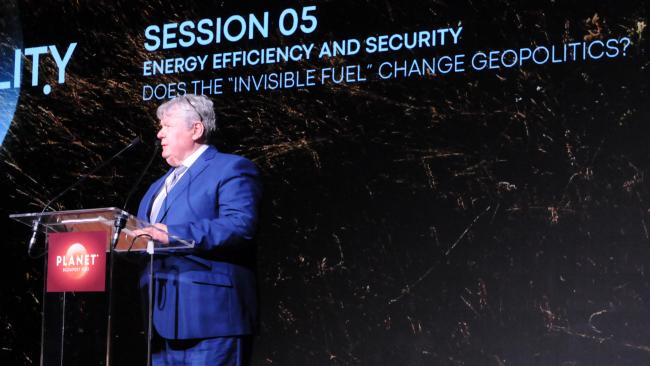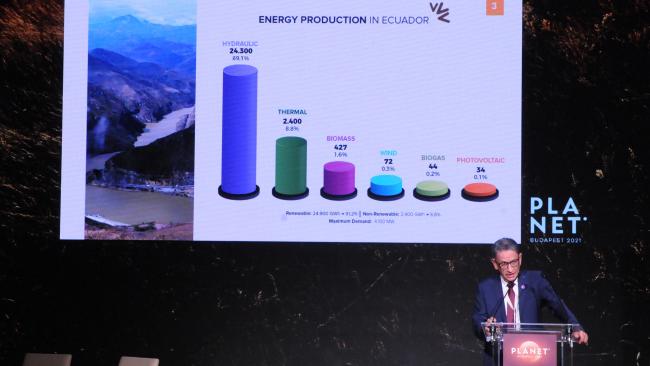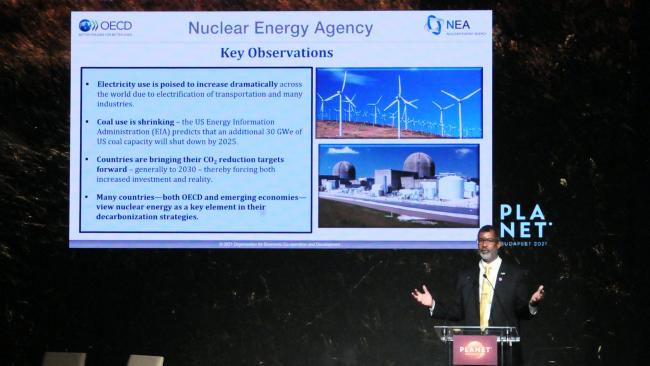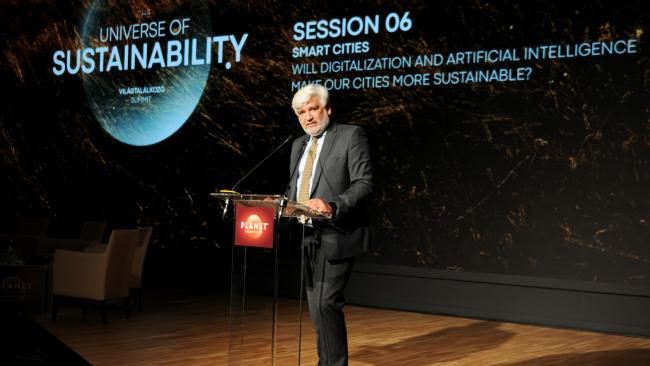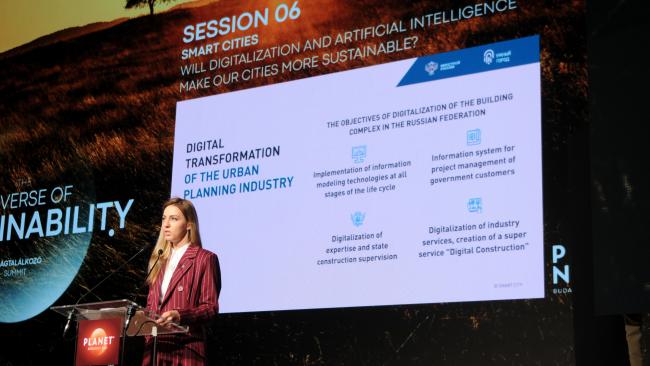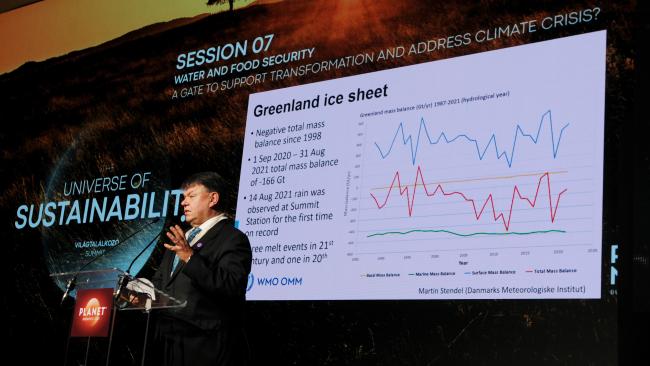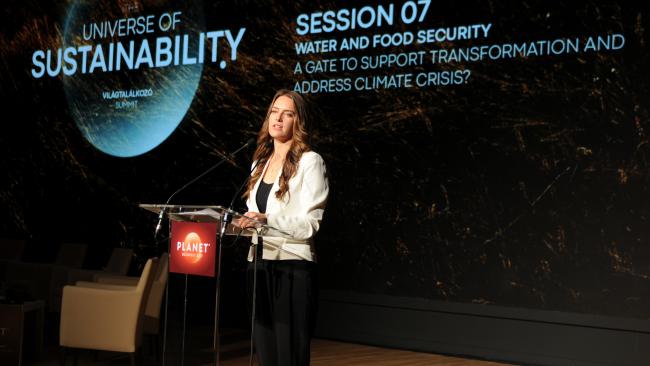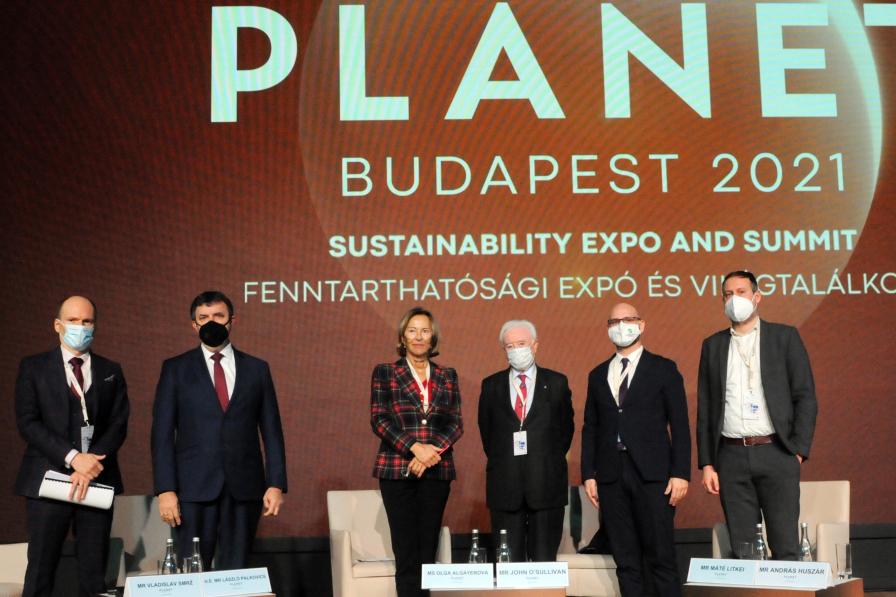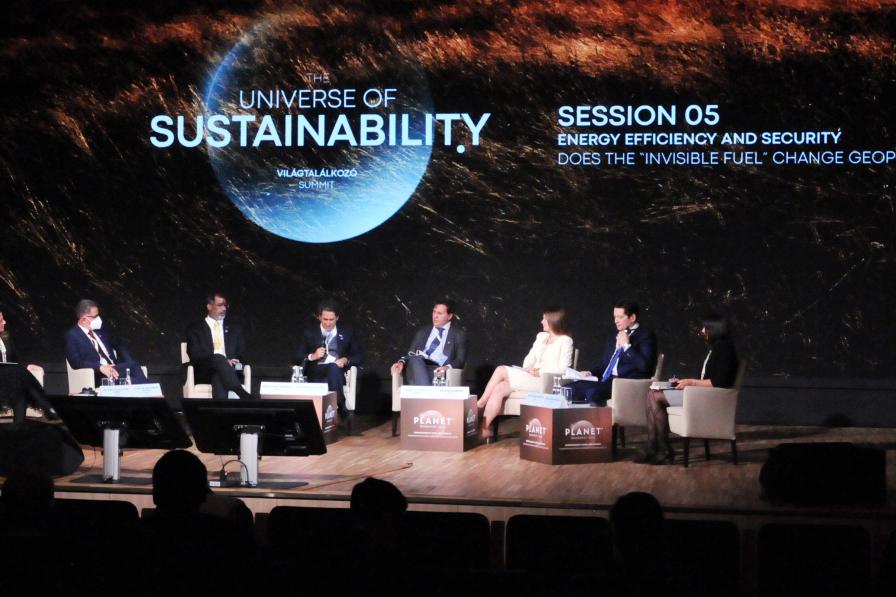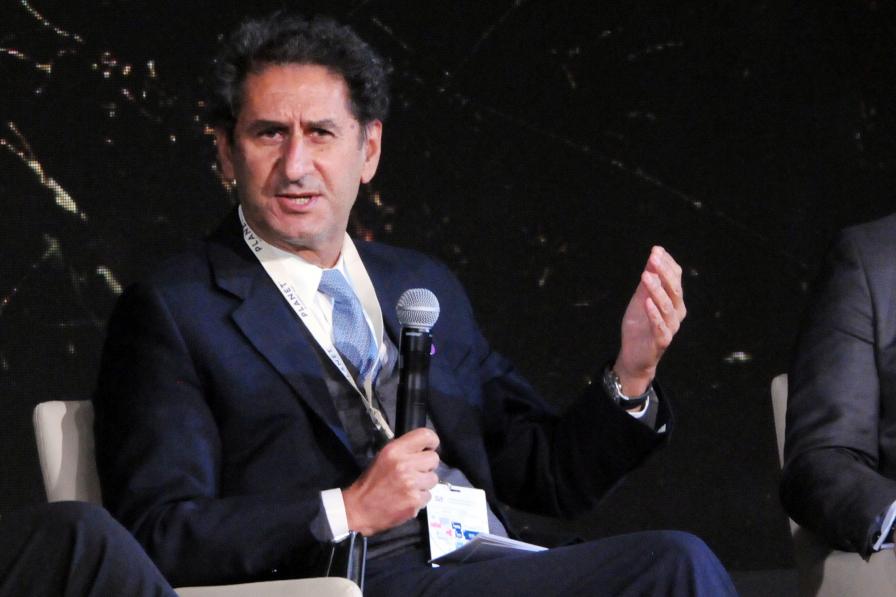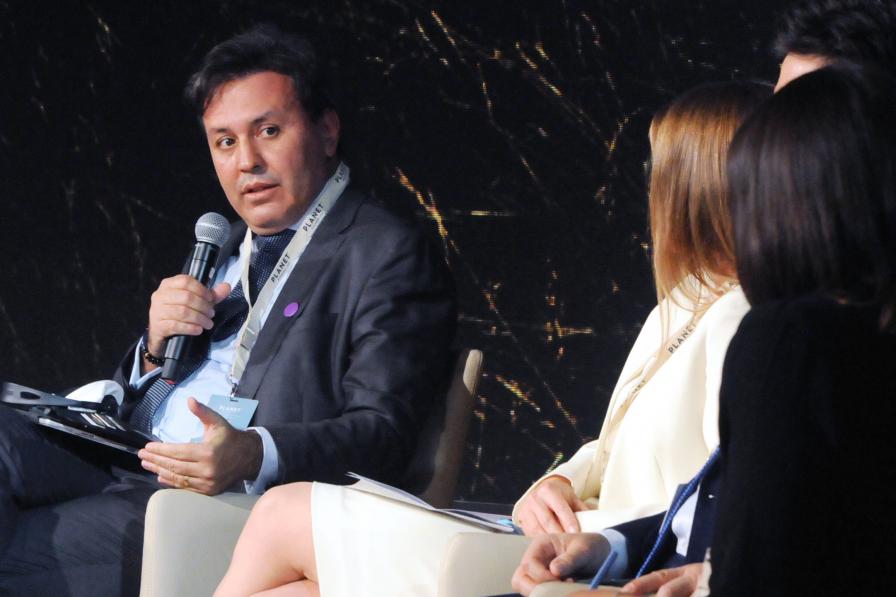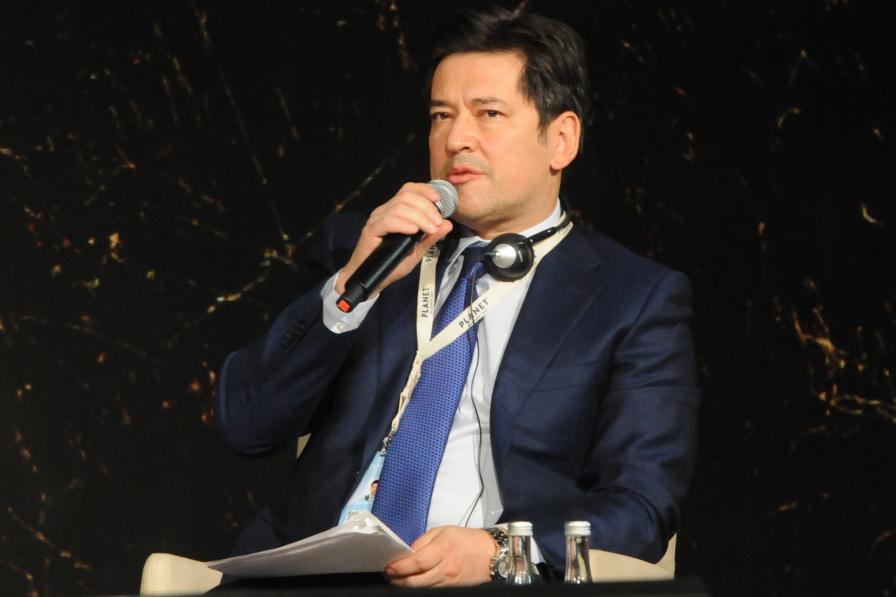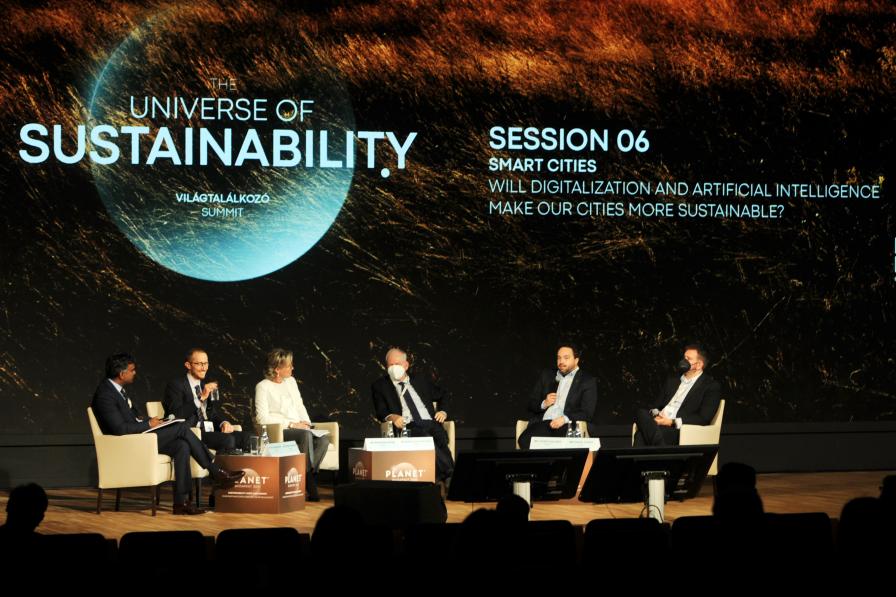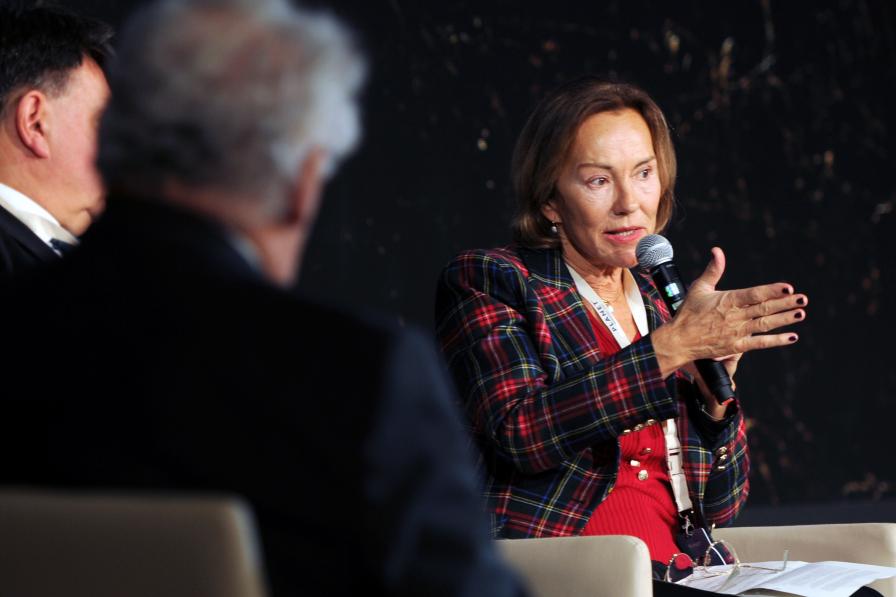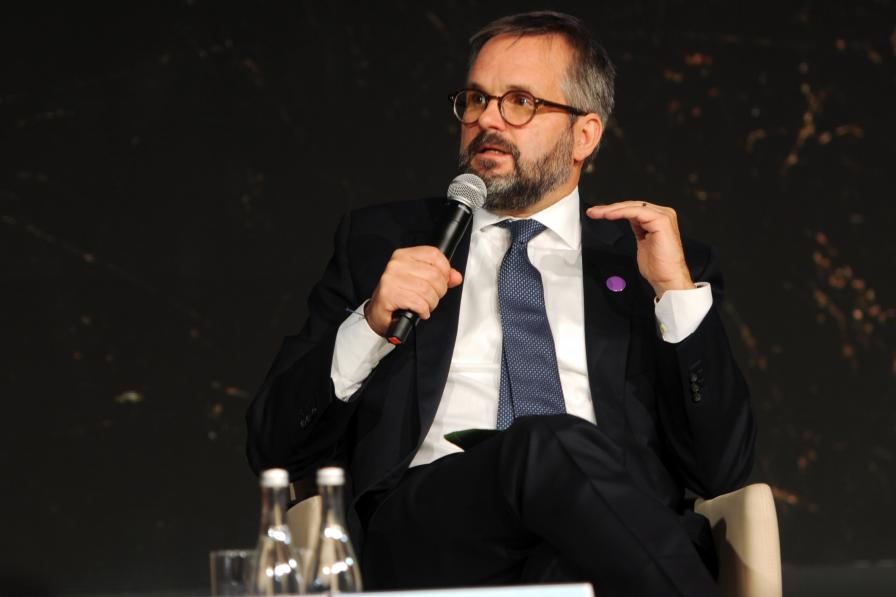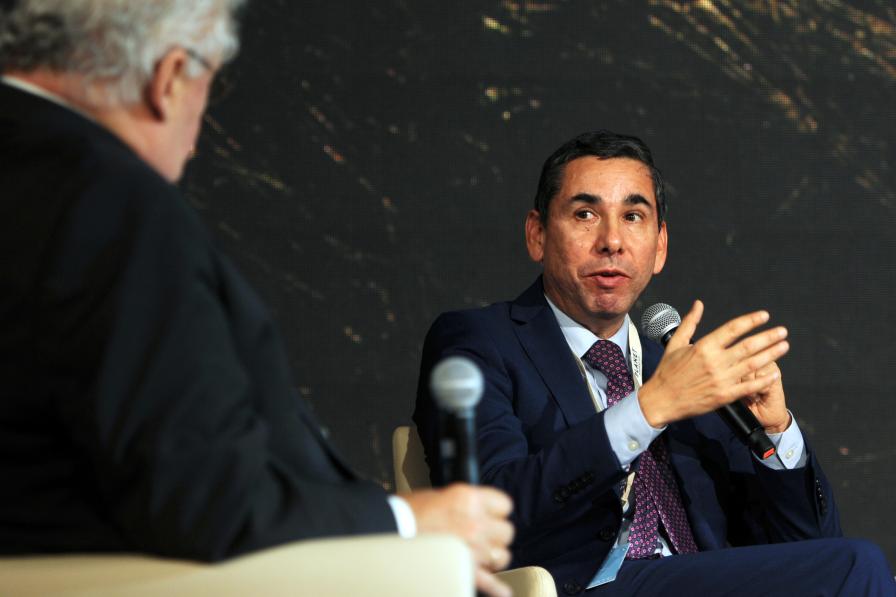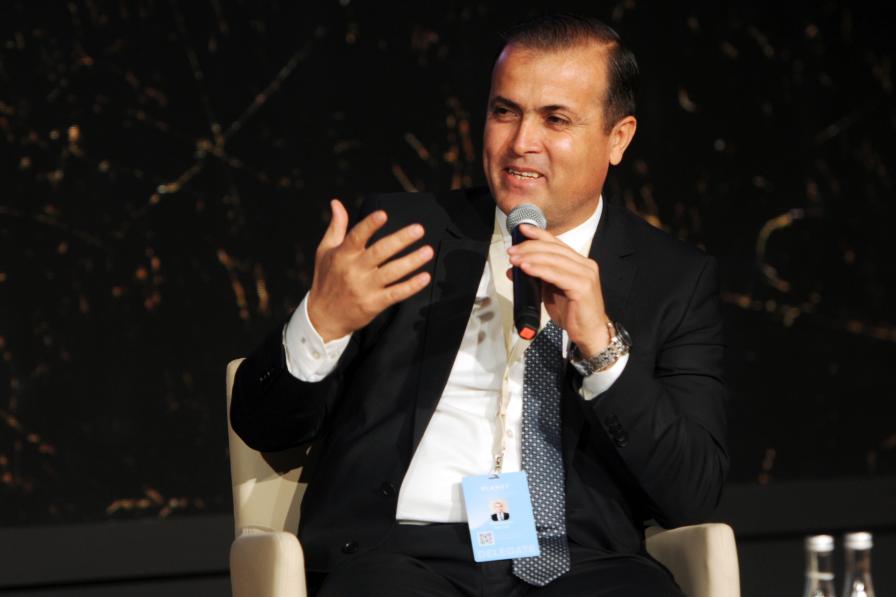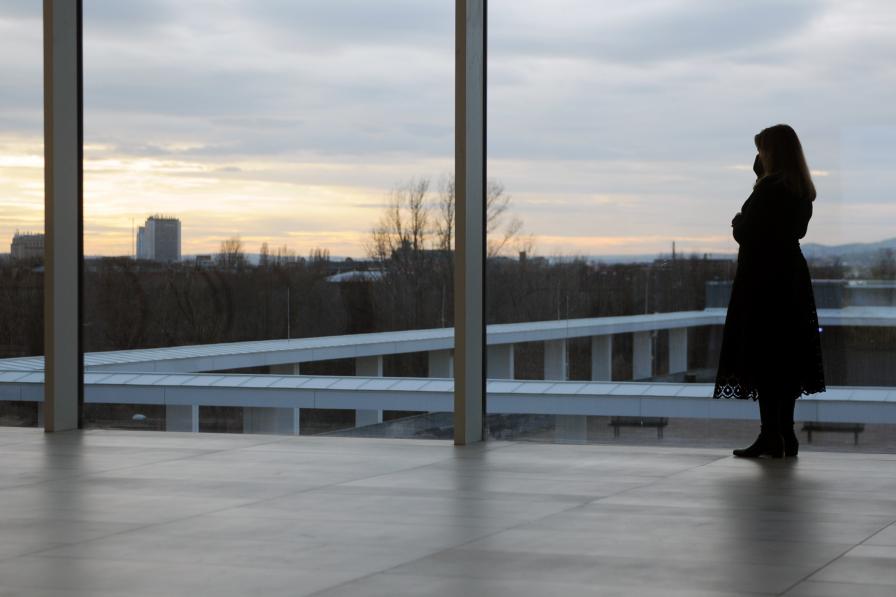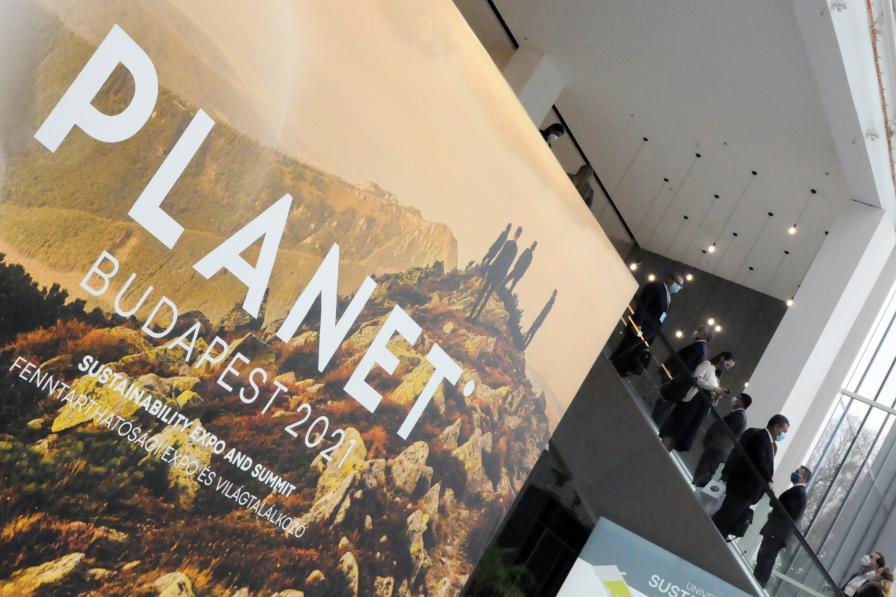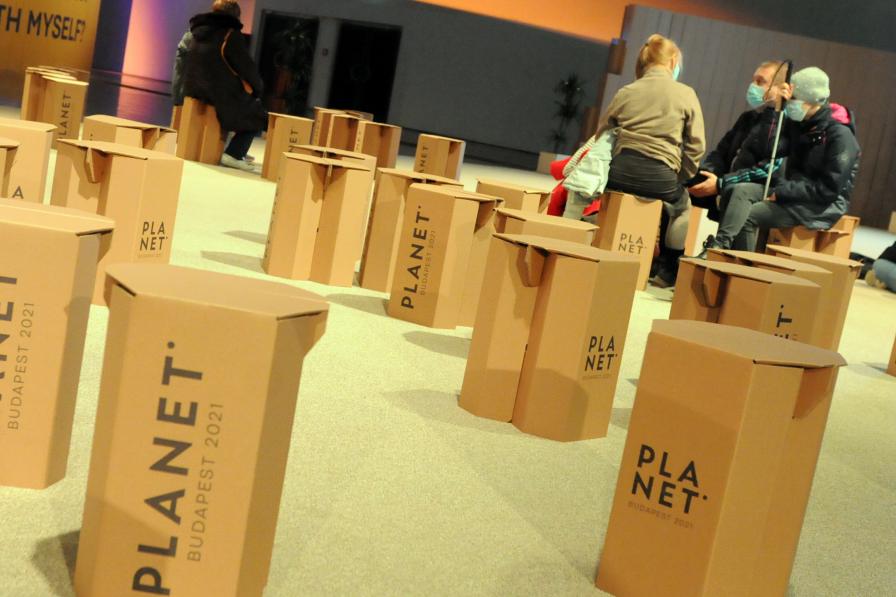A general debate on whether the Visegrád 4 (V4) countries are sustainability champions or laggards opened the second day of the Planet Budapest 2021 Sustainability Summit. This debate was followed by three thematic sessions on issues and solutions regarding energy, smart cities, and water and food security. All sessions featured keynotes followed by a panel discussion.
During the champion/laggard debate, UN Economic Commission for Europe (UNECE) Executive Secretary Olga Algayerova noted a recent UNECE report showing that at the current pace, the UNECE region will achieve only 23 of 169 Sustainable Development Goal (SDG) targets by 2030.
László Palkovics, Hungarian Innovation and Technology Minister, noted the V4 are ranked among the best performing countries in achieving the SDGs, and explained the many efforts Hungary is taking to achieve climate neutrality. The subsequent panel considered whether linking GDP to climate change efforts is an effective and fair way to assess progress. A more detailed analysis of how economic growth differs from GDP growth in a world with a still-growing human population took place, and how innovation in national and local small-and-medium-sized businesses may be a conduit to achieving both economic and green growth.
During the energy efficiency and security session, János Süli, Hungarian Minister without Portfolio, defended his country's decision to use nuclear power.
Juan Carlos Bermeo Calderón, Ecuadorian Energy Minister, discussed the need for foreign investment to help substantially increase the non-hydro renewable energy share of Ecuador’s energy mix.
William Magwood, Director-General, Nuclear Energy Agency (NEA), said to achieve carbon neutrality by 2050 every tool at our disposal must be used, including nuclear energy. Panelists greed the move towards cleaner fuels and energy autonomy for each country will introduce fundamental changes in the geopolitics of the world. They also agreed that positive, transformative global change for more visibility of energy efficiency can be achieved through regulatory efforts, efficient policies, carbon pricing, and building trust.
In the smart cities session, Alstom’s Jérôme Wallut explained how digitalization will help urban rail cope with increasing demand while making it greener, smarter, and more efficient.
Mariya Sinichich, Russian Federation’s Ministry of Construction, Housing and Utilities, discussed efforts to digitize housing, public utilities, and management of the urban environment. In the subsequent discussion, panelists generally agreed that digitalization and artificial intelligence (AI) cannot alone achieve smart and sustainable cities, given cities' heterogeneity and the need for different approaches and diverse outcomes. Panelists maintained that a combination of innovative technologies and platforms as well as more traditional person-to-person dynamic, inclusivity, and breaking down of disciplinary silos will help advance the ideal of green urban living.
In the food and water security session, Petteri Taalas, World Meteorological Organization (WMO) Secretary-General, provided WMO data on how climate change is affecting rainfall and causing rainfall anomalies, hydro-meteorological disasters, glacial melt, sea level rise, soil moisture, and water stress.
Lindsey Blodgétt, Former President of the World Youth Parliament for Water, stressed the importance of including youth in addressing water issues, and framed how the new Water and Climate Coalition plans to engage youth. Panelists noted that water security has been discussed at length over decades but the necessary action has always been lagging. They further highlighted SDG 6 targets on water are unlikely to be achieved by 2030. There was consensus that AI, machine learning, and other technology-based innovative solutions can be key to preventing a water crisis.
To receive free coverage of global environmental events delivered to your inbox, subscribe to the ENB Update newsletter.

